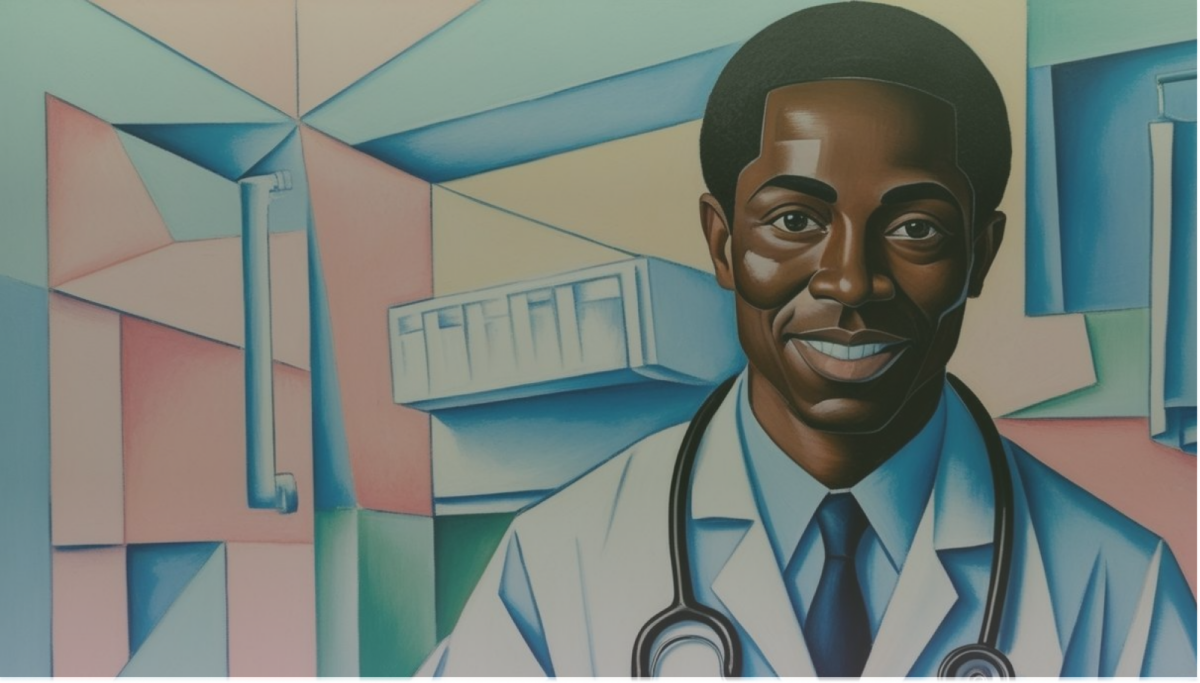7 Powerful Examples of Empathy in Healthcare

Empathy in healthcare isn’t just a moral ideal—it’s a measurable driver of better outcomes, higher hospital ratings, and greater patient trust. From the emergency room to long-term care, moments of human connection can make all the difference.
This post explores 7 real examples of empathy in healthcare, especially from doctors and nurses, and how these moments impact patient satisfaction and hospital reputation.
Why Empathy Matters in Healthcare
Empathy allows healthcare professionals to understand and share in a patient’s emotional experience. It’s more than kindness—it’s about listening actively, acknowledging fears, and responding with care.
According to Press Ganey (2023), patient satisfaction scores are three times higher when patients feel their emotional needs are addressed alongside physical care.
The Cleveland Clinic also found that empathy training led to a 26% increase in overall patient experience scores across departments (Cleveland Clinic, 2022).
A 2021 study in the Journal of General Internal Medicine concluded that empathetic communication significantly reduces patient anxiety, improves treatment adherence, and lowers malpractice risk.
7 Examples of Empathy in Healthcare
1. Sitting at Eye Level with the Patient
Instead of standing over the bed, a doctor sits down to speak eye-to-eye with a patient. This small gesture conveys presence, respect, and a willingness to listen.
Why it matters: Patients report feeling less rushed and more valued. Eye-level conversations are strongly correlated with higher communication scores on HCAHPS surveys.
2. Using the Patient’s Name and Story
A nurse remembers a patient’s name, past concerns, or even their daughter’s wedding plans. Referencing these during care shows patients they are seen as people, not just cases.
Why it matters: Personal recognition builds rapport and trust, especially during repeated hospital visits or long stays.
3. Validating Emotions Before Giving Instructions
Instead of jumping straight to treatment, a physician says, “I can imagine this must feel overwhelming” or “It makes sense you’re anxious about the scan.” Then they explain the next steps.
Why it matters: Patients are more receptive to instructions when their emotional state is acknowledged first. This reduces resistance and improves compliance.
4. Holding Space in Difficult Conversations
During a terminal diagnosis, a doctor pauses after delivering the news, allowing silence for emotions to surface. They stay present without rushing into solutions.
Why it matters: Patients and families remember not just what was said, but how it was said. Empathetic delivery of bad news is a critical skill in palliative care and oncology.
5. Using Gentle Touch When Appropriate
A nurse lightly places a hand on the patient’s arm when delivering comforting words, checking vitals, or offering reassurance.
Why it matters: Gentle, respectful touch can reduce stress, lower blood pressure, and create a sense of safety—especially in high-anxiety settings like ERs or ICUs.
6. Involving the Patient in Decisions
Instead of prescribing a plan, a clinician asks, “What matters most to you right now?” or “Would you prefer option A or B?” This honors the patient’s voice in their own care.
Why it matters: Shared decision-making increases patient satisfaction and leads to better adherence to treatments.
7. Following Up with a Personal Message
After discharge, a provider sends a brief personal note or phone call to check in—not just for procedural reasons, but to express care.
Why it matters: Thoughtful follow-up reinforces connection and increases patient loyalty and likelihood to recommend the hospital.
The Impact on Hospital Ratings and Patient Satisfaction
Healthcare systems that train for empathy consistently see better outcomes:
- Higher HCAHPS Scores – Empathetic communication boosts scores on critical metrics like communication with nurses/doctors and overall hospital experience.
- Improved Online Reviews – Patients are more likely to leave positive feedback when they feel emotionally supported.
- Better Clinical Outcomes – Empathy has been linked to lower readmission rates and improved medication adherence.
👉 Contact Empathable to learn more about their empathy programs for hospitals, clinics, and medical schools.
Sources:
- Press Ganey, “Compassionate Connected Care Report,” 2023
- Cleveland Clinic, Office of Patient Experience Training Outcomes, 2022
- Journal of General Internal Medicine, “Empathy and Patient Outcomes in Clinical Practice,” 2021
